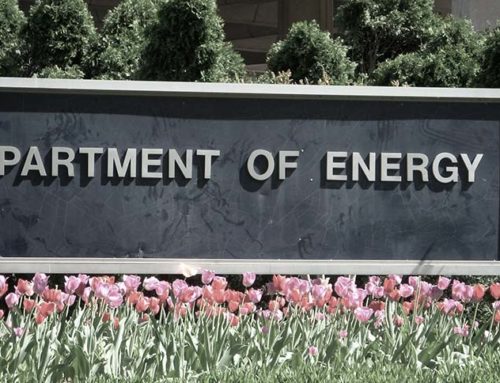The Department of Homeland Security did not effectively manage or oversee the prime contractor on its over-budget, behind-schedule virtual fence program, according to federal watchdogs. A Government Accountability Office (GAO) report released yesterday says this failure to watch the company charged with top-to-bottom management of DHS' Secure Border Initiative Network, or SBInet, resulted in “SBInet’s well-chronicled history of not delivering promised capabilities and benefits on time and within budget.”
The report faults Boeing, the prime contractor, for providing information to DHS with “unexplained anomalies, thus rendering the data unfit for effective contractor management and oversight.” In some instances Boeing was able to start work on task orders with no established baseline price and/or improper scheduling. The report also states that had DHS ensured that Boeing properly implemented Earned Value Management (EVM) – a system for measuring contractor achievements – DHS could have minimized cost overruns and significant delays to the now $4.5 billion program.
DHS contested the report's conclusions, arguing that GAO incorrectly combined both factual errors and legitimate monthly accounting adjustments. GAO says that since DHS failed to provide any explanation for the differences between errors and adjustments in their own monthly variance reports, its auditors could not draw a true picture of SBInet's performance.
SBInet has already cost taxpayers billions more than first estimates. From the program’s inception, DHS took a largely a hands-off approach to providing effective oversight to Boeing’s activities along the border. As a result, the program’s completion date is still unknown and its technology marred by technical problems. The program's funding was recently frozen by DHS Secretary Janet Napolitano pending a DHS review of the entire program.
Contact us for more information.










